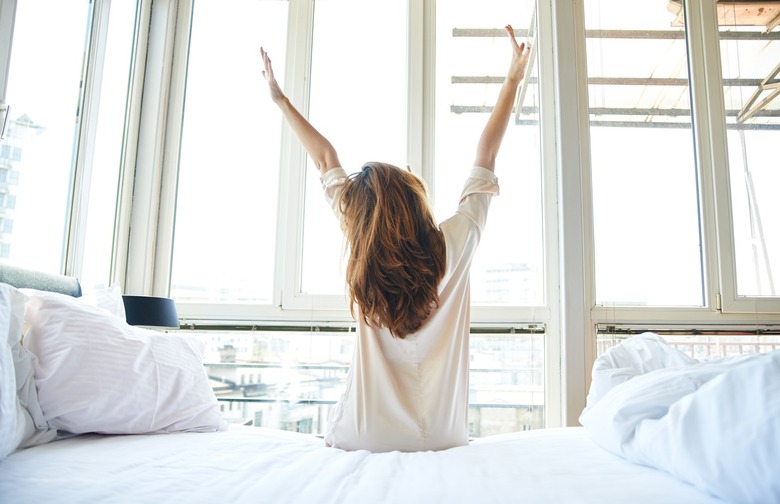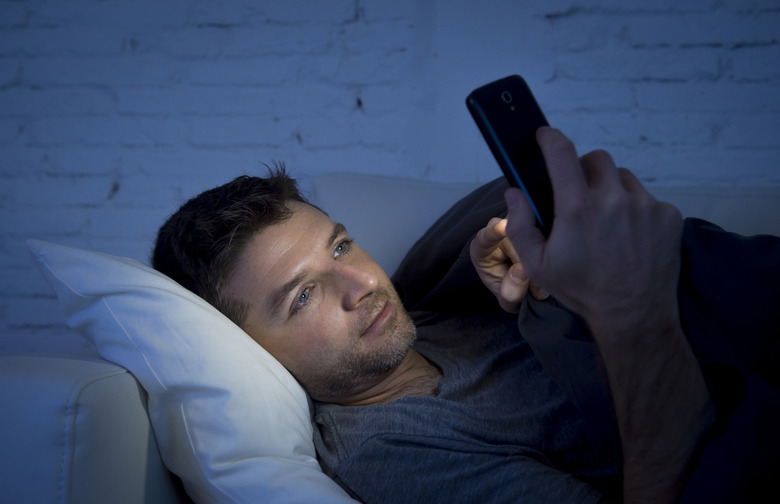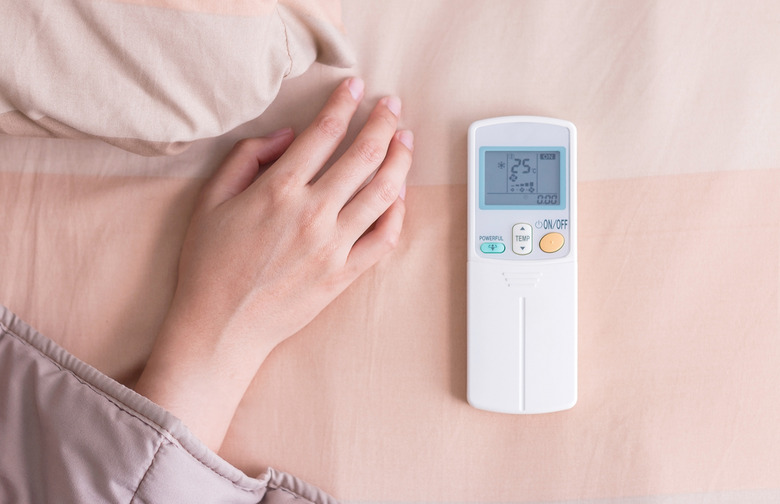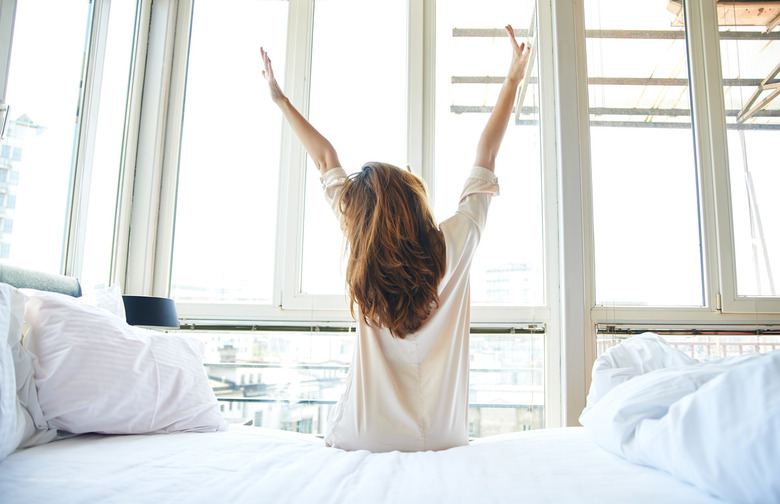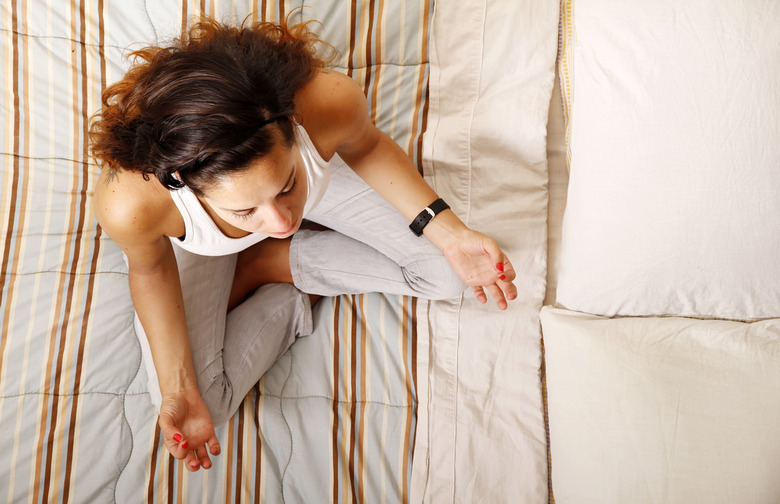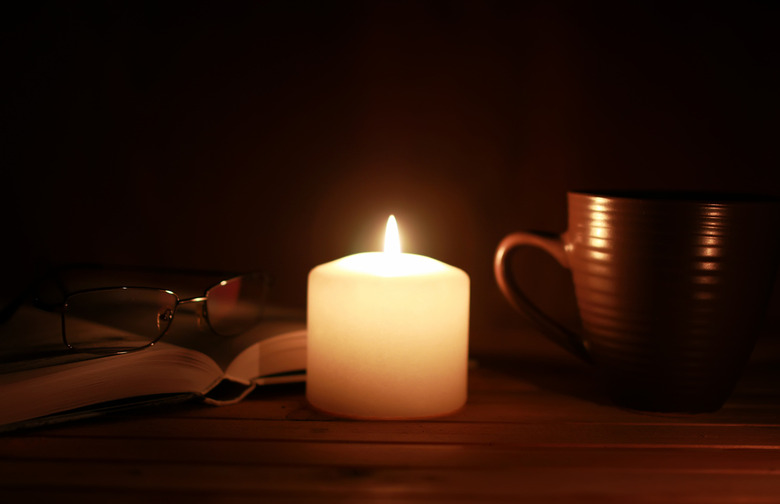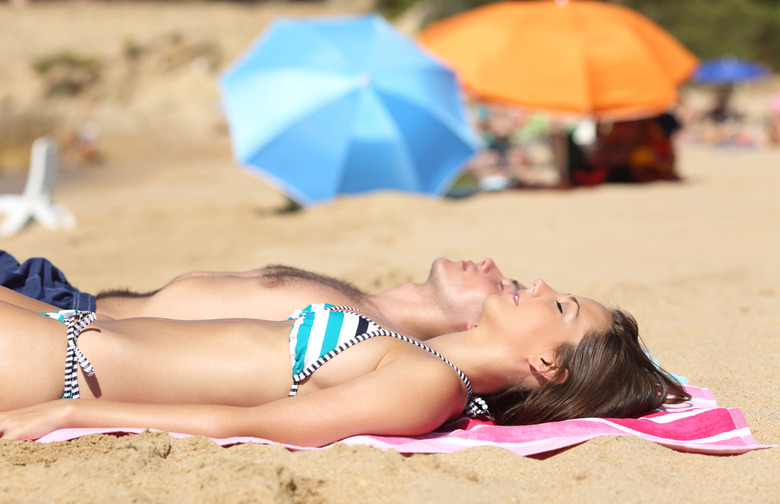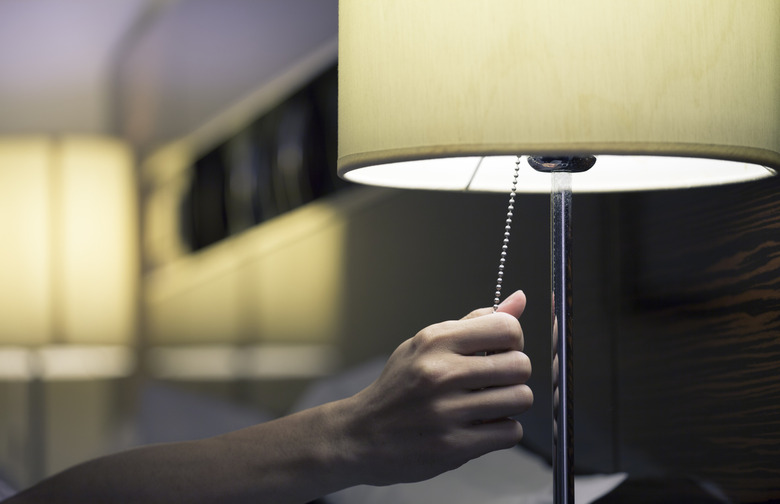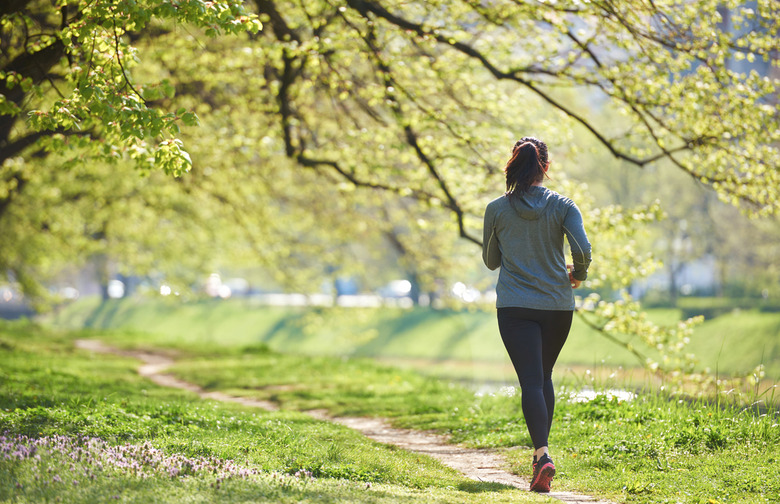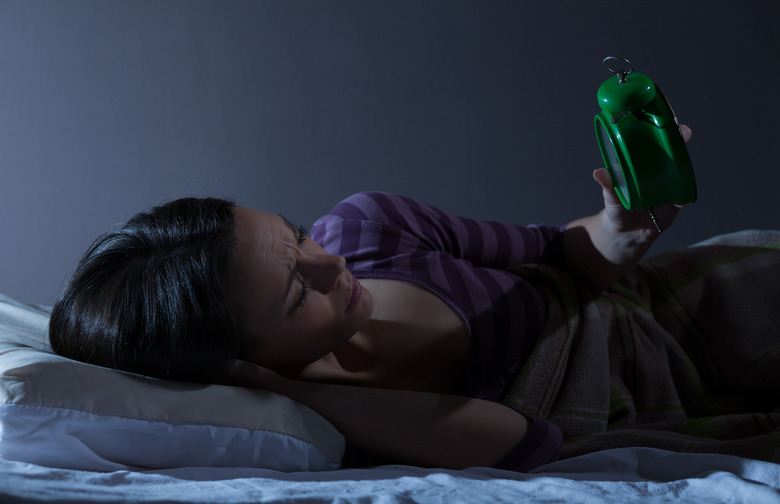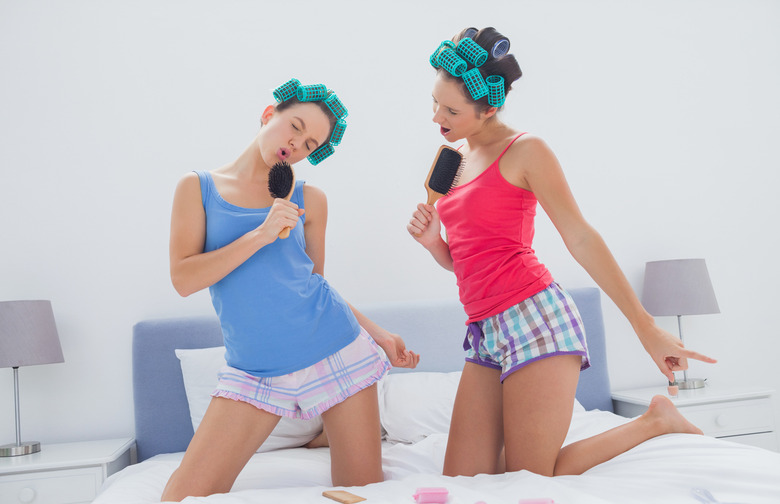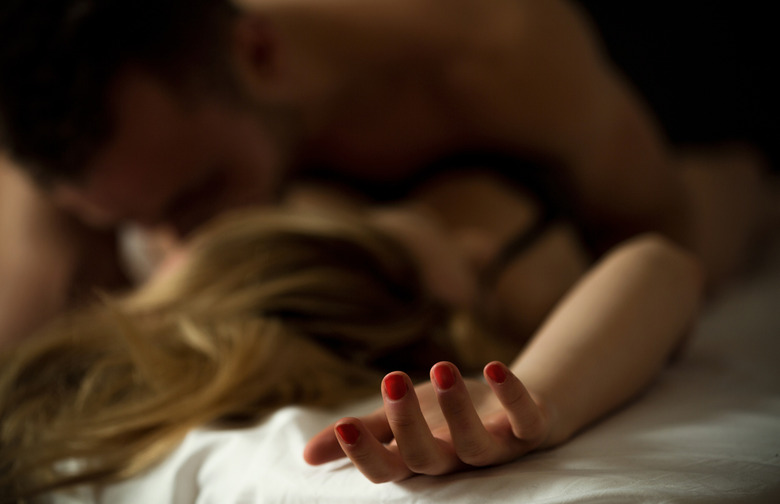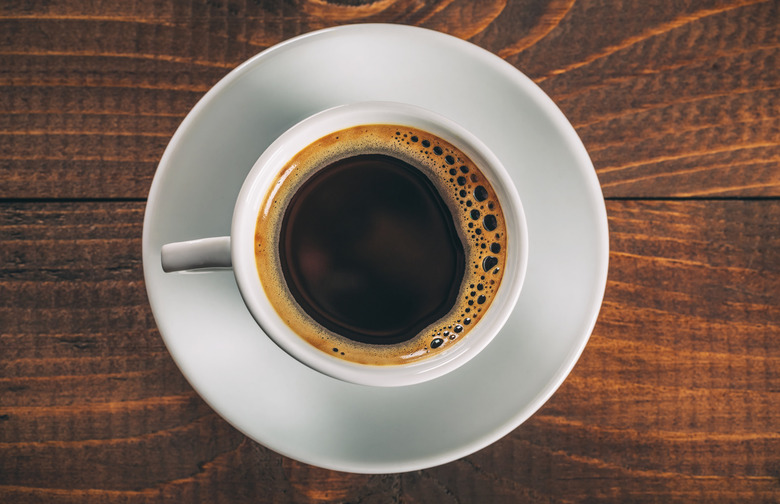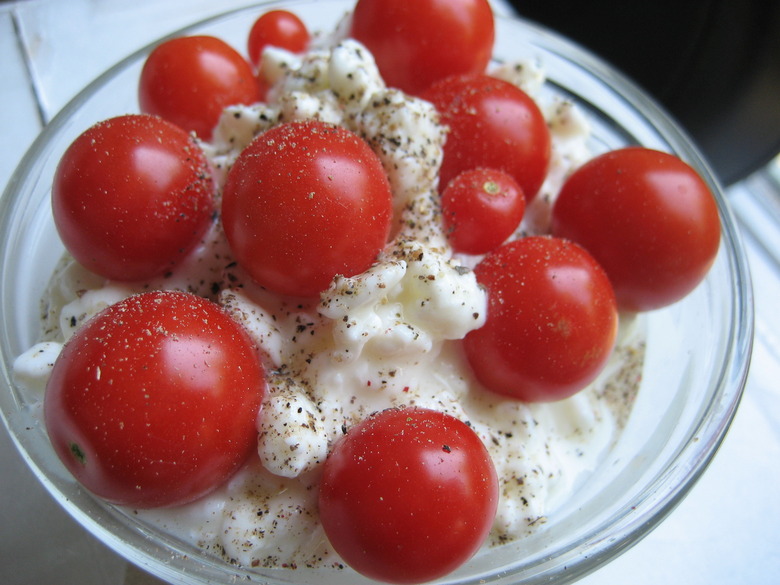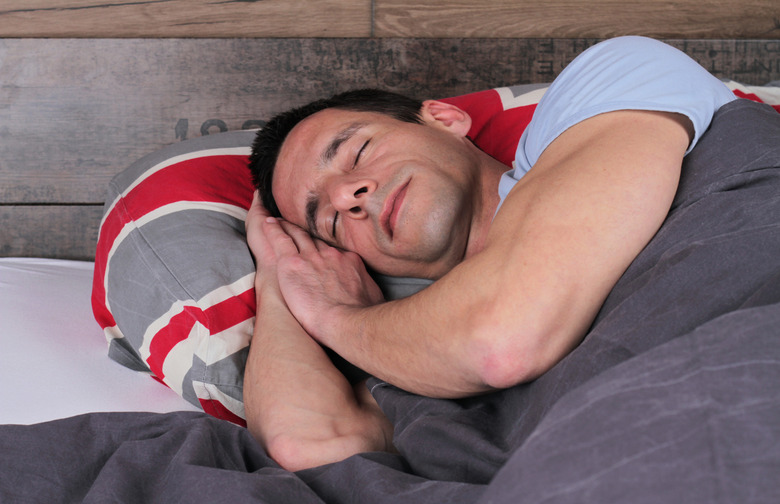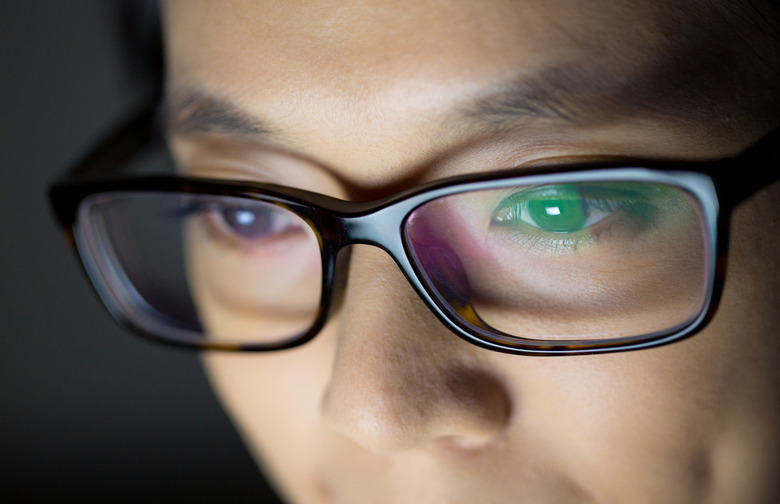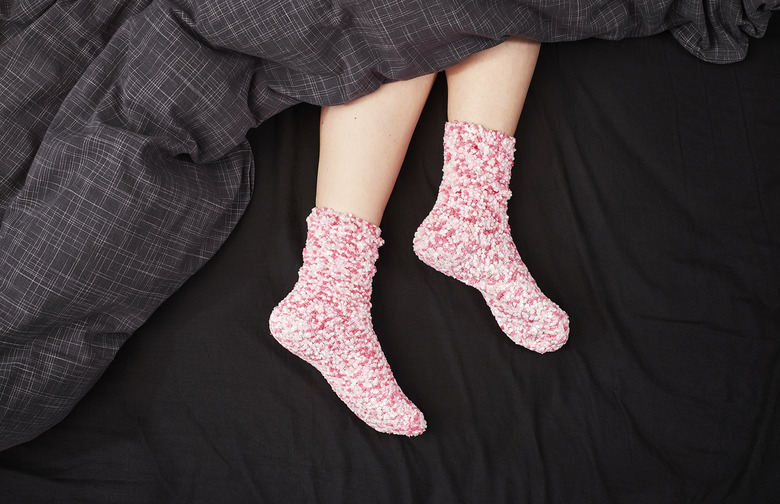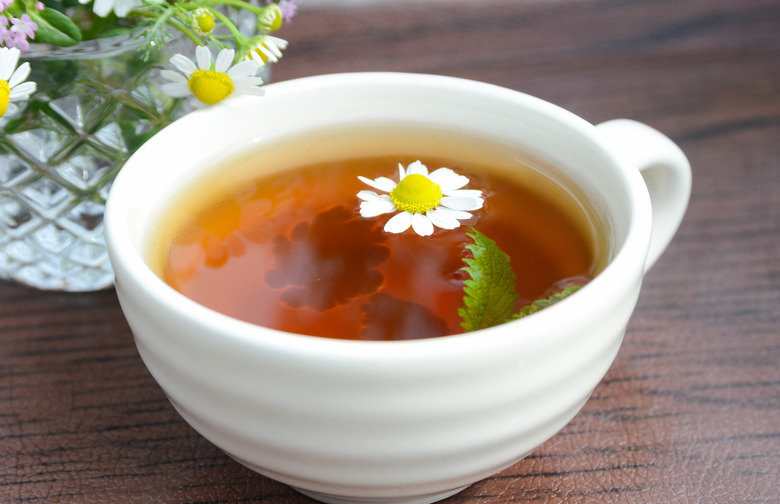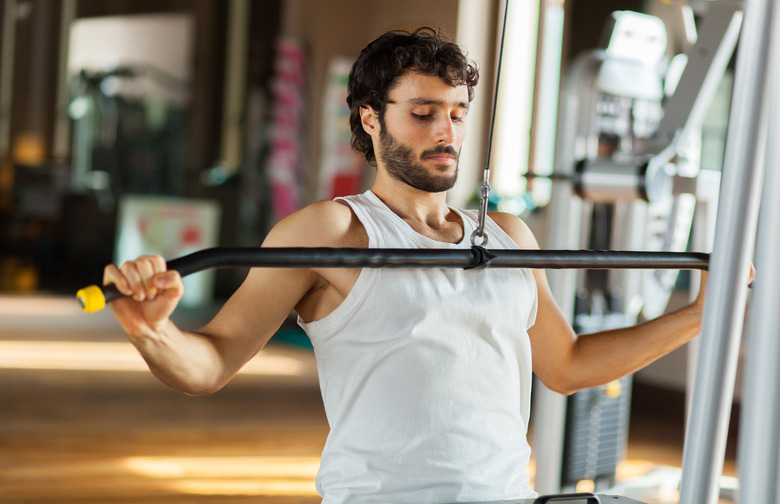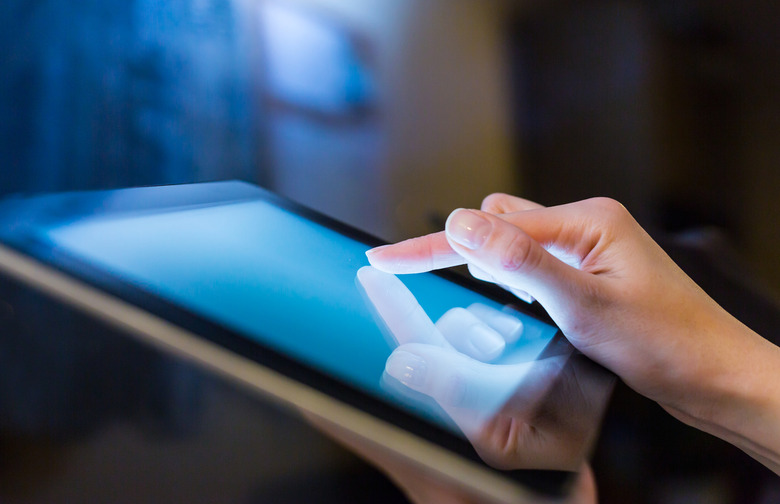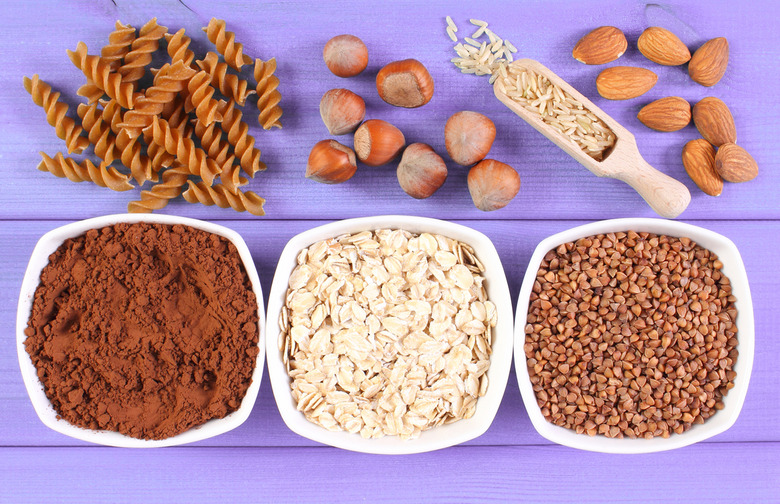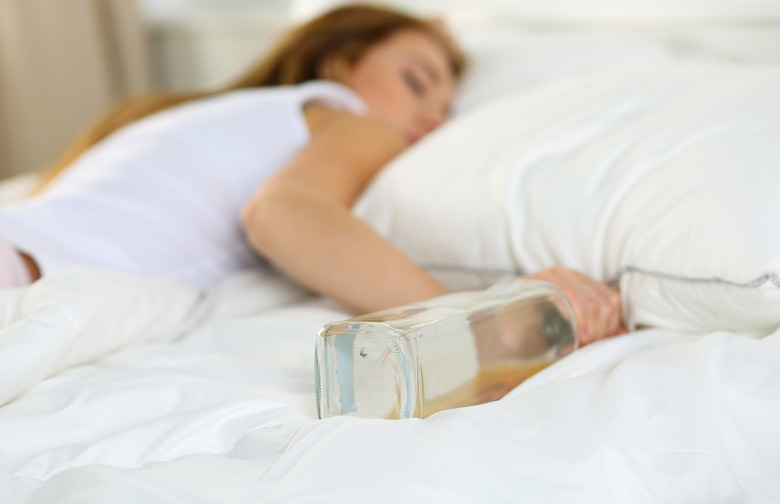21 Sleep Hacks To Rest Your Way To A Better Body And Better Health
Studies show that just one night of sleep deprivation can make you as insulin-resistant as a type-2 diabetic. This translates directly to aging faster and storing extra body fat. Additionally, a study published in the Canadian Medical Association Journal showed that sleep deprivation is directly related to an inability to lose weight. Test subjects were put on the same exercise and diet program, but those who were in the sleep deprivation group (less than six hours per night) consistently lost less weight and body fat than the control group who slept for over eight hours a night. Several other studies show that sleep deprivation can encourage cancer, Alzheimer's, and depression.
You can radically improve your sleep starting tonight and preemptively avoid the chronic issues above with an able assist from Shawn Stevenson, BS, FDN, host of the No. 1 featured Health podcast in the U.S. on iTunes, "The Model Health Show," and author of the bestselling book SLEEP SMARTER: 21 Essential Strategies to Sleep Your Way to a Better Body, Better Health, and Bigger Success.
Simply pick three or four of the following tips, apply them for the next two weeks, and see how much more refreshed and energetic you feel. Here are Shawn's 21 Sleep Hacks to Rest Your Way to a Better Body and Better Health.
Avoid the Screen
This is likely the number one thing you can do to improve your sleep quality immediately. The artificial blue light emitted by electronic screens triggers your body to produce more daytime hormones (like cortisol) and disorients your body's natural preparation for sleep. Harvard researchers have confirmed that our computers, iPads, televisions, smartphones, etc. are producing a sleep-sucking blue spectrum of light that can give you major sleep problems. If you want to give your body the deep sleep it needs, make it a mandate to turn off all screens an hour before bedtime.
Be Cool
Thermoregulation strongly influences your body's sleep cycles. When it's time for your body to rest, there is an automatic drop in your core body temperature that helps initiate sleep. If the temperature in your environment stays too high, it can be a physiological challenge for your body to get into the ideal state for restful sleep. Studies have found that the ideal room temperature for sleep is between 62 and 68 degrees Fahrenheit. Anything above 75 or below 54 will likely cause some difficulty sleeping.
Be Early to Rise
Ironically, one of the best things you can do to improve your sleep is to get up early. This goes back to the fact that humans have had certain patterns of sleep and wakefulness that we've only found a way to override within the last hundred years.
Up early and hungry? Try one of our best healthy breakfast recipes.
By waking up early you start the process of helping your endocrine system link up with the diurnal patterns of the Earth. Get up when the sun rises. You might initially have a challenging time, but after less than a couple of weeks, your body will adapt to that pattern and have you feeling more rested and refreshed when you wake up. You can get out of the old pattern of being up at night "tired and wired" by being early to rise and having a natural release of cortisol and going to bed earlier and taking advantage of the natural release of melatonin.
Calm Your Inner Chatter
Now more than ever, with the constant flow of information coming at you, it's important to have a practice to help you eliminate stress. That important practice is meditation. Meditation is like a tonic. A tonic is something that you can use every day, and the results continue to get better and better. The more you meditate, the more calm and presence you'll have in your day-to-day life.
Here are some sleep-promoting foods to try eating before bed.
The effects are cumulative, and the neuro-association your brain and body have made to closing your eyes and focusing on your breath instantly put you in that calm space. Numerous studies show that meditation increases "feel-good" hormones and endorphins, lowers stress hormones like cortisol and even reduces inflammation in our body.
Create a Sleep Sanctuary
Make it a mandate to stop using your bedroom as the entertainment hub of your house. And never bring work to bed with you. Humans are creatures of habit and habitat. If you create the environment where miscellaneous activities can take place in your sleep area, you are not creating a neuro-association that it's time to sleep when you go in there (so long, breakfast in bed). We are all just supersized babies with the same basic programming. Make your bedroom a sacred place where peace, calm, and relaxation are overflowing. When you walk into a sleep sanctuary, it'll be easy to peacefully drift off to your dreams.
Get Grounded
Since the beginning of time humans have had more of a constant interaction with the earth, and only recently have we found ourselves more and more "disconnected" from it. New discoveries have shown that the earth itself is overflowing with free electrons (energy) that actually get transmitted to us when we come in contact with it. There are numerous studies showing radical improvements in inflammation, pain, and a normalization of cortisol by getting patients in contact with the earth's conductive surfaces. Have you ever noticed that when you go to the beach you end up sleeping like a baby that night? When it comes improving your sleep, getting your body in contact with the earth's electromagnetic field might just be the thing that changes the game for you. Grass, dirt, sand, and bodies of water are all some of the most conductive surfaces that are brimming with free electrons. Make it a practice to get at least five to 10 minutes of "earthing" time in each day to see some nice improvements with your sleep.
Get It Blacked Out
Having light sources of any type in your bedroom can disrupt your sleep patterns. And even using an eye mask is not going to be 100 percent effective for most people. Your skin has photoreceptors that can pick up light. If there's artificial light in your bedroom, your body is picking it up and sending messages to your brain and organs that can interfere with your sleep. The best solution is to get it blacked out! Get yourself some popular "blackout curtains" and remove any other sources of non-stop artificial light from your room. This one thing can instantly have a beneficial impact on your sleep.
Get More Sunlight
One of the most vital things that can induce great sleep is your body's natural secretion of the hormone melatonin. Melatonin is produced by the pineal gland in your brain and sends a signal to regulate the sleep-wake cycle in your body. The production and secretion of melatonin is powerfully affected by light exposure. Sunlight provides the natural spectrum of light that we need to help coordinate the cycle of melatonin production. Get more natural light during the day and less artificial light at night and you're well on your way to a better night's sleep.
Get to Bed at the Right Time
You get amplified benefits by sleeping at the right hours. It's been shown that humans get the most significant hormonal benefits and recovery while sleeping between the hours of 10 p.m. and 2 a.m. You get the most rejuvenating effects during this time, so be sure to include this four-hour window in your eight (or more) hours of total sleep.This is based on the seemingly lost realization that humans are a part of nature, and when the lights go out on the planet, that's a cue from the universe that it's time for us to turn down, too.
Get Your “Friends” Out of Your Room
No, we're not talking about your best friends. Numerous studies have confirmed that the electromagnetic fields or electromagnetic noise coming from our everyday electronic devices can cause disruption of communication between the cells in our body. This means you can have everything from hormonal problems to cancer showing up by being exposed to these things too long. If being healthy and not having a chronic illness is important to you, then chances are you'll want to get the electronics out of your bedroom, and definitely stop sleeping while snuggled up to your cell phone.
Have a Big “O”
This is the other primary thing that the bedroom should be used for. Having an orgasm is like a full-on sedative for most people. There's a rush of relaxing hormones like oxytocin, prolactin, and vasopressin when you release, so it's just the thing to set you up for a great night's sleep.
Click here to see 20 foods that may be killing your sex drive.
Have a Caffeine Curfew
Caffeine is a powerful nervous system stimulant. If your nervous system is lit up, you can forget about getting high-quality sleep. Set an unbreakable caffeine stop time to make sure that your body has time to remove it from your system. For most people, it's generally going to be before noon. If you're sensitive to caffeine, consider an earlier curfew or avoiding caffeine altogether.
Have a High-Protein, Low-Carb Snack Close to Bedtime
If you want to get truly restful sleep, one of the worst things you can do is eat right before bed. Give your body a solid 90 minutes (more is better) before heading off to bed after eating. This is especially true if you're eating carbs because the inherent blood sugar spike will cause a sharp drop in blood sugar later... and if you happen to be asleep when this hypoglycemia hits, it will likely yank you out of your natural sleep cycle. If you must have something shortly before bed (again, at least 90 minutes) then go with a high-protein food (such as cottage cheese or another one of our 9 Muscle-Building Bedtime Snacks). The amino acids in the protein food (like tryptophan) can actually aid in getting a more beneficial sleep.
Know the Value of Sleep
Generally, being awake is catabolic (breaks you down) and sleep is anabolic (builds you up). Sleep is actually an elevated anabolic state, heightening the growth and rejuvenation of the immune, skeletal, and muscular systems— it rebuilds you and keeps you youthful. High-quality sleep fortifies your immune system, balances your hormones, boosts your metabolism, increases physical energy, and improves the function of your brain. With all the essential benefits that sleep provides, you will never have the body and life you want without the right amount of sleep.
Mr. & Mrs Smith Glasses
If you're a fanatic about this stuff, and don't mind looking like someone from the future, then you can rock some of these glasses that block blue light and give everything a much safer, softer, yellow tint. They have lenses that are similar to the glasses that Brad Pitt and Angelina Jolie wore in the movie Mr. and Mrs. Smith during an epic fight scene. If you get the cheap ones, then you won't look that cool... but hey, this is for science not social points.
No Glove, No Love (for Your Feet)
Even though the room temperature would ideally be cooler to induce great sleep, some people can trigger sleeplessness when their extremities are too cold. This is because blood flow is the primary method of distributing heat throughout the body. If your hands and feet are too cold, it could be a sign of poor circulation. The solution: Wear a pair of warm socks to bed.
Supplementation
Ideally, you need to address the lifestyle issues first that are actually causing the sleep problem. If you jump to taking drugs or supplements then you'll just be treating a symptom and increase the likelihood that you'll develop a dependency on something that can harm you long-term. Three of the more gentle to moderate natural sleep aids you can add-in (after applying some lifestyle changes first) are:
Chamomile – an excellent tea to have before bed, shown to calm the muscles and nervous system.
Kava– the national drink of Fiji has sedative properties and is commonly used to treat sleeplessness and fatigue.
Valerian root – a moderate sedative, indicated for individuals that have a difficult time falling asleep, and also promotes uninterrupted sleep.
Train Hard (but Smart)
You can kick ass all day in the gym, but you'll never get the body you want until you get your sleep in order. Long-duration, steady-state cardio tends to keep cortisol elevated, which can cause some potential hormone and sleep issues for some people. If you've struggled with sleep and cardio is your go-to form of exercise, temporarily ban it, focusing instead on lifting weights and plenty of walking. Additionally, be sure to cut your training off by 5 p.m. to ensure cortisol has a chance to drop in the evening.
Use a Blue Light-Blocker
Extenuating circumstances come up, and you may need to be on the computer later than you want. This is where cool advancements in technology like the free app f.lux come into play, automatically eliminating all of the problematic blue light from the computer screen at a certain time each day. It's super easy to install, and it works like a charm. For your smartphone, Apple's latest iOS update for iPhones comes with a new blue light-blocking tool called Night Shift and try out Twilight for Androids.
Use High-Quality Magnesium
Magnesium is a bonafide anti-stress mineral. It helps optimize circulation and blood pressure, balance blood sugar, relax tense muscles, reduce pain, and calm the nervous system. Yet, because it has so many functions, it tends to get depleted from the body quickly. Magnesium is likely the number one mineral deficiency in our world today. And getting your magnesium levels up can almost instantly reduce your body's stress load and improve the quality of your sleep. Because a large percentage of magnesium is lost in the digestive process, the ideal form of magnesium is transdermal from supercritical extracts. Taking too much of a low-budget oral magnesium supplement can cause disaster pants (aka diarrhea), so make sure you get your levels up the smart way.
You Booze, You Lose
You can actually get smarter while you sleep. One of the most valuable and overlooked aspects of sleep is a procedure called memory processing, where your new experiences get converted into your short-term memory. Memory processing is predominantly affected by different stages of REM sleep. Studies have proven the good news about drinking alcohol late in the evening is that you do, indeed, fall asleep faster. But the bad news is that REM sleep is significantly disrupted by alcohol being in your system. You won't be able to fall into deeper levels of sleep, and your brain and body won't be able to fully rejuvenate. This is why people don't feel great after waking up from an alcohol-laced sleep. Consider a booze curfew so that your body can have a couple hours to remove it from your system.
